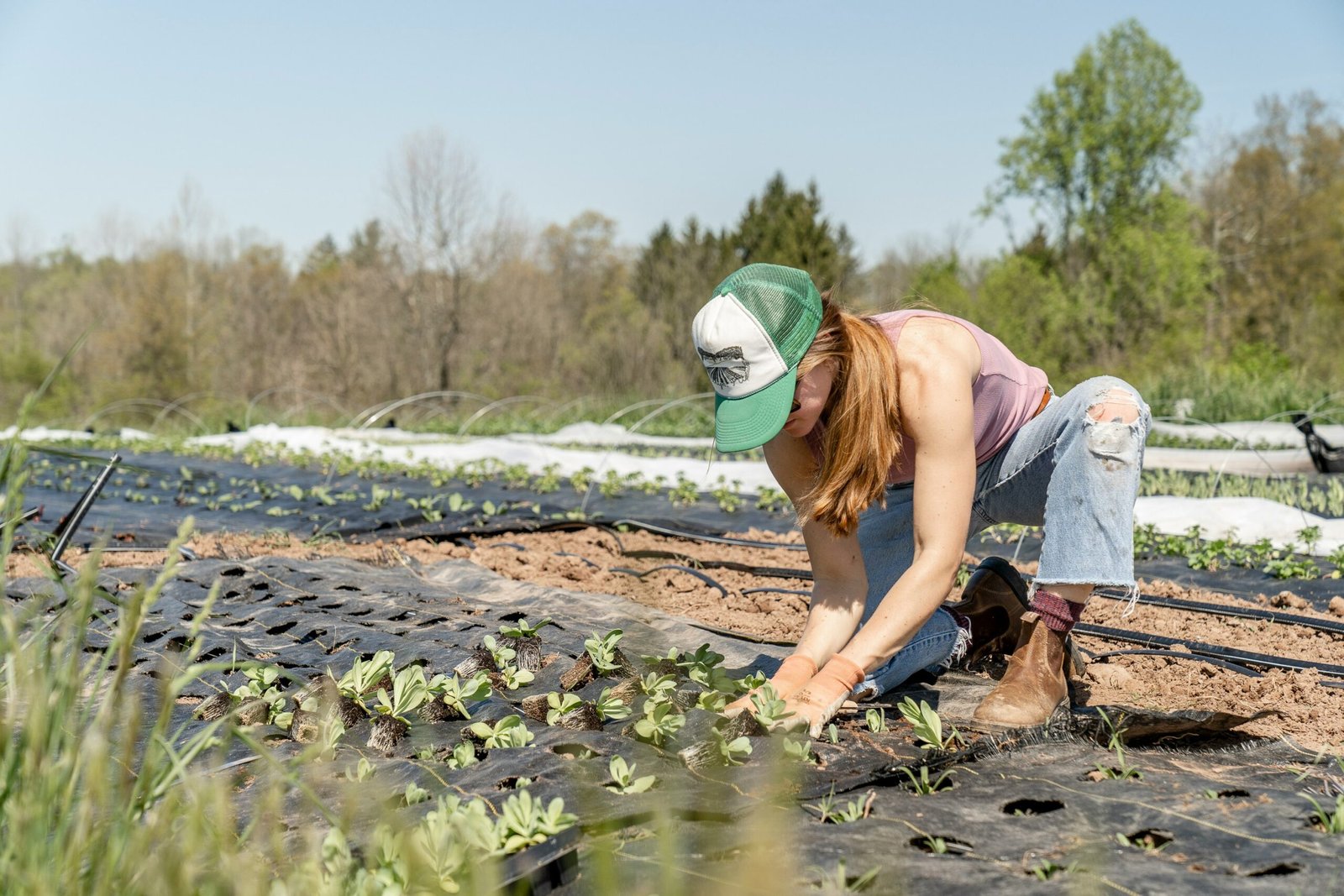The Role of Artificial Intelligence in Climate-Smart Sustainable Agriculture
Sustainable agriculture is essential for the long-term preservation of our planet’s resources. As climate change continues to pose challenges to traditional farming methods, innovative technologies are emerging to help farmers adapt and mitigate its impacts. One such technology is artificial intelligence (AI), which has the potential to revolutionize the way we approach agriculture.
The Benefits of AI in Sustainable Agriculture
AI can contribute to climate-smart agriculture by optimizing resource allocation, improving crop yields, and reducing environmental impact. By analyzing vast amounts of data, AI algorithms can provide farmers with valuable insights and recommendations for more efficient and sustainable farming practices.
Optimizing Resource Allocation
AI-powered systems can monitor and analyze soil conditions, weather patterns, and crop health in real-time. This data can help farmers make informed decisions about irrigation, fertilization, and pest control, reducing water and chemical usage while maximizing crop productivity.
Improving Crop Yields
AI can enhance crop management by predicting disease outbreaks, optimizing planting schedules, and detecting nutrient deficiencies. By identifying potential issues early on, farmers can take proactive measures to prevent crop loss and increase yields.
Reducing Environmental Impact
AI can also contribute to reducing agriculture’s carbon footprint. By optimizing farm machinery usage and implementing precision farming techniques, such as targeted pesticide application and variable rate fertilization, AI can help minimize the environmental impact of agricultural practices.
Futuristic Trends in AI for Sustainable Agriculture
Looking ahead, AI is poised to play an even greater role in sustainable agriculture. Some futuristic trends include:
Robotics and Automation
AI-powered robots can perform tasks such as planting, harvesting, and weeding with precision and efficiency. This can reduce labor costs and minimize the need for chemical inputs, contributing to more sustainable farming practices.
Smart Sensors and Internet of Things (IoT)
By integrating AI with smart sensors and IoT devices, farmers can collect real-time data on soil moisture, temperature, and nutrient levels. This information can be used to optimize irrigation, reduce water waste, and improve overall resource management.
Predictive Analytics and Climate Modeling
AI algorithms can analyze historical climate data and predict future weather patterns. This information can help farmers make informed decisions about crop selection, planting times, and pest management strategies, ultimately improving resilience to climate change.
Conclusion
Artificial intelligence has the potential to revolutionize sustainable agriculture by optimizing resource allocation, improving crop yields, and reducing environmental impact. As we embrace these climate-smart technologies, we can pave the way for a more sustainable and resilient agricultural sector that can feed a growing global population while preserving our planet for future generations.
1. How does artificial intelligence contribute to climate-smart agriculture, and what are its key benefits for farmers?
2. In what ways can AI optimize resource allocation in agriculture, particularly regarding irrigation, fertilization, and pest control?
3. How does AI enhance crop management and contribute to improving crop yields?
4. What role does AI play in reducing the environmental impact of agriculture, and what specific practices can be optimized?
5. What are some futuristic trends in AI for sustainable agriculture, particularly in the areas of robotics and automation?
6. How can AI-powered robots contribute to more sustainable farming practices, and what tasks can they perform with precision?
7. What is the role of smart sensors and the Internet of Things (IoT) in integrating AI for sustainable agriculture?
8. How can predictive analytics and climate modeling using AI benefit farmers in making informed decisions?
9. In the context of climate change, how can AI help improve the resilience of agriculture through predictive analysis and informed decision-making?
10. What is the overarching potential of artificial intelligence in revolutionizing sustainable agriculture and ensuring a more resilient and sustainable future for the agricultural sector?




